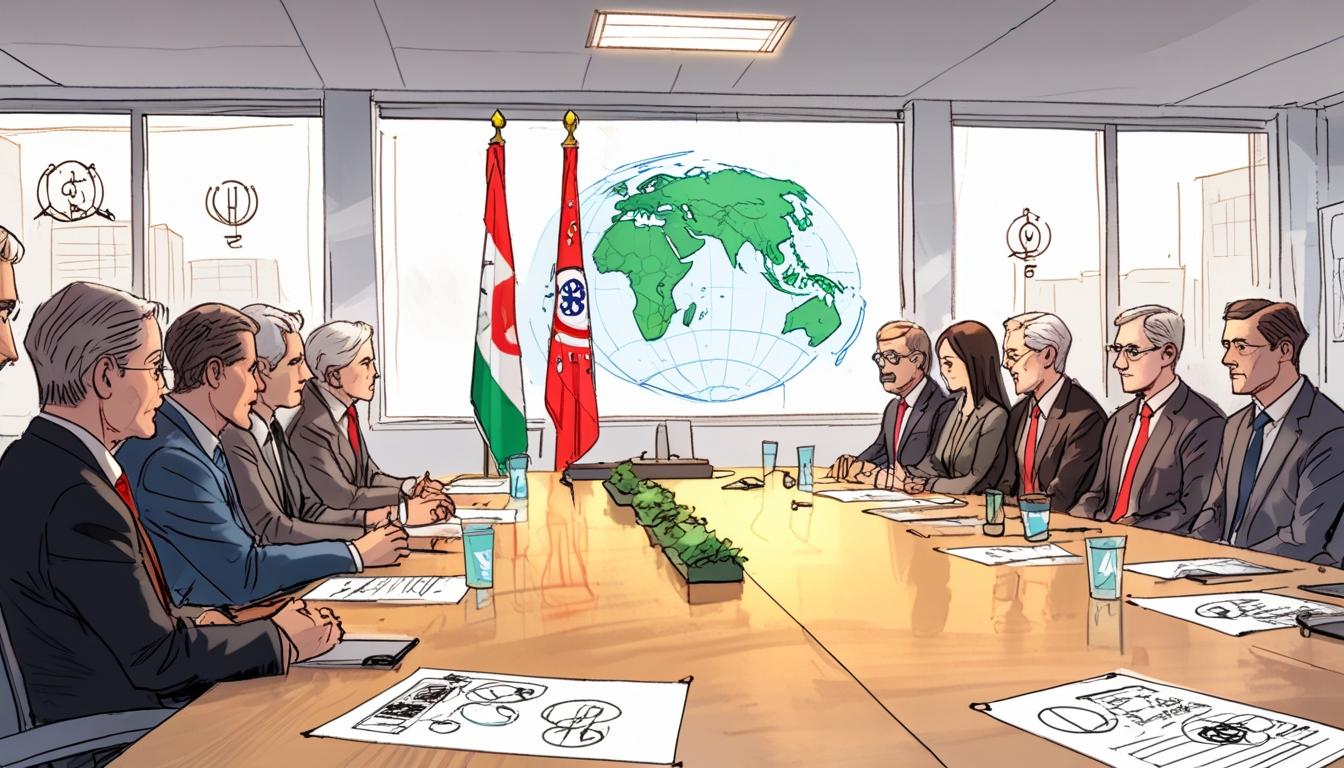After an intense final week of climate negotiations at the International Maritime Organization (IMO), participants emerged from the protracted talks reflecting a mixture of frustration and uncertainty. The negotiations, conducted in a windowless room, centered on efforts to address greenhouse gas emissions from the shipping sector, a critical area in the global fight against climate change.
The talks exposed deep divisions between long-standing supporters of ambitious climate action, notably small island nations, and the staunch resistance from several petrostates. These differences came to a head in the final hours of the negotiations, when the White House under then-President Donald Trump reportedly threatened to undermine the entire initiative.
Tristan Smith, a noted expert in shipping decarbonisation policy at University College London’s Energy Institute, described the outcome as “bittersweet and also difficult to interpret,” highlighting the complex and unresolved nature of the agreement reached. The discussions underscore the challenging balancing act between environmental objectives and geopolitical interests within the IMO, which regulates international shipping.
The conclusions of this week-long event indicate a cautious advance rather than a definitive breakthrough in maritime climate policy. The positions held during the talks reveal the ongoing tensions that will shape future negotiations concerning shipping emissions, a sector responsible for a significant share of global carbon output. Both supporters of strong climate measures and opponents are likely to continue their advocacy in forthcoming international forums.
Source: Noah Wire Services
